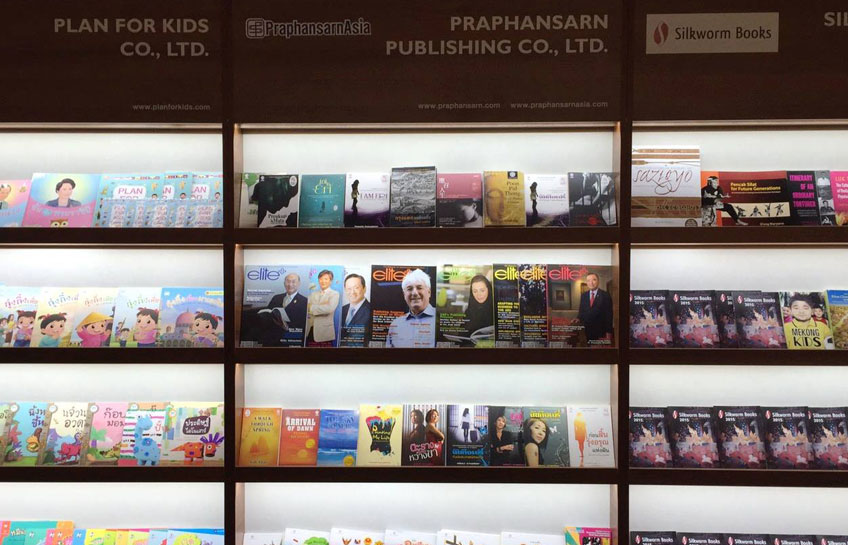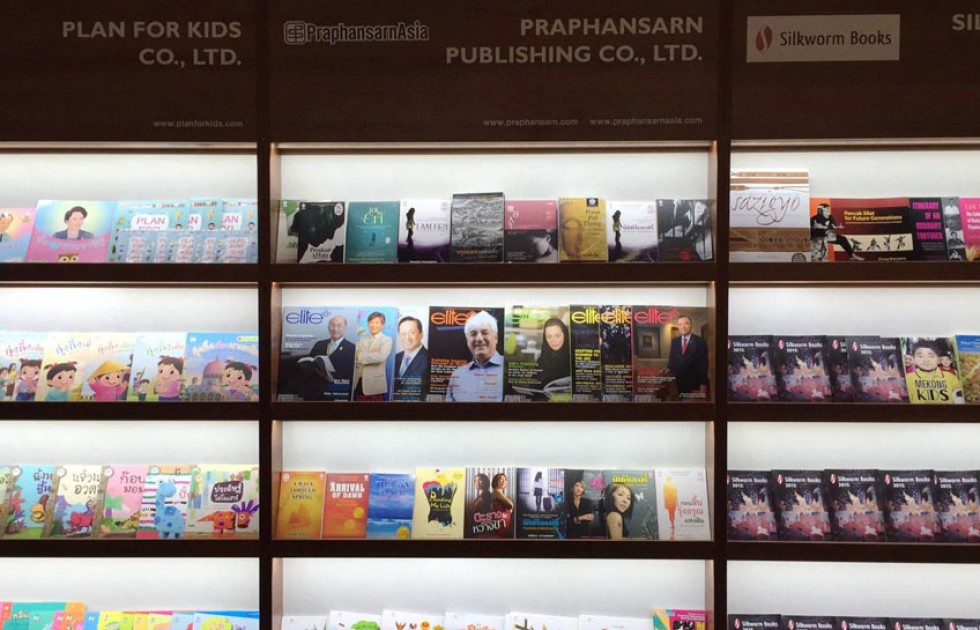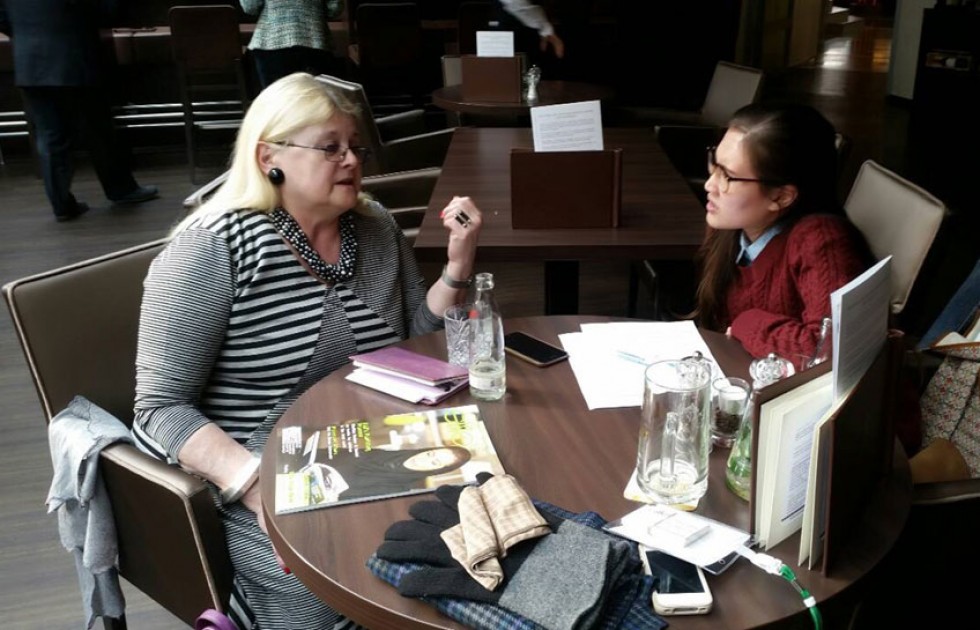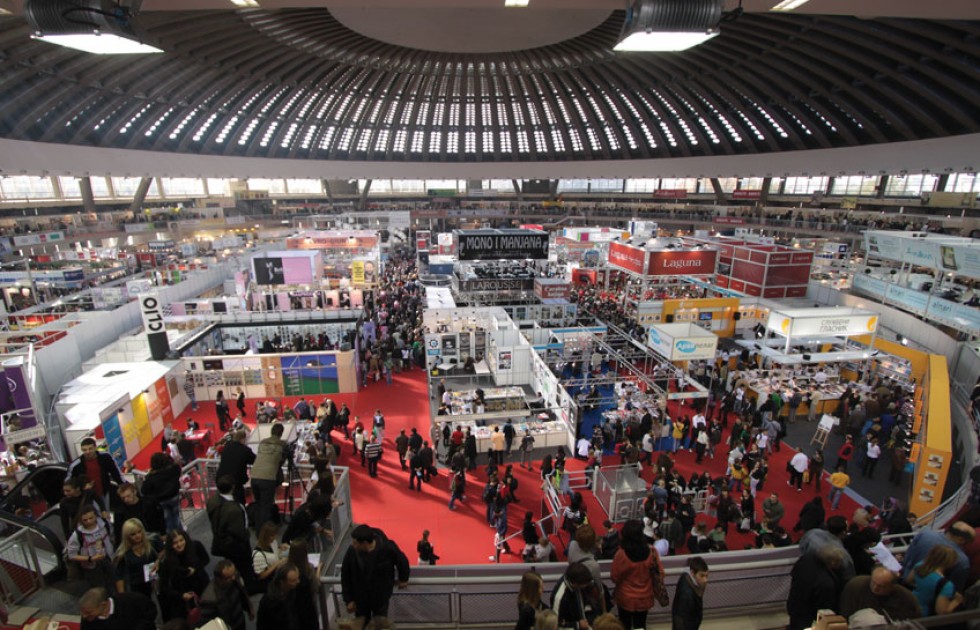In an ocean of publishers, a fish eager to get a manuscript published can easily get caught in meandering currents. Without a starting point, it is difficult to find a publisher who sees the value of your writing and is ready to polish it into a bestseller. Complex contracts covering aspects from royalty rates of paperbacks and e-books to the costs of insurance are dizzying to navigate. None of the complications that writers face are as fundamental as how to get a fair deal from hegemonic publishers.
As a literary agent with 52 years of experience in the industry, Carole Blake is able to illuminate some of the ways through the publishing labyrinth. She spoke to Elite+ about the beginnings of her career, reading trends and the significant role of agents in modern publishing.
“When I grew up, I always thought about working with books, but I didn’t know anything about the publishing industry, so I just assumed the only way you can work with books is working in a library,” she said. “But one of my teachers told me that it would definitely make me bored stiff and I should go to a publisher. It never occurred to me there was a publishing business.”
“When I started my agency, it was just me and a part-time secretary. Then in 1982 I was talking with another agent who was also the same size. He was concentrate on television and film rights while I was looking for someone to sell those rights for my books. We looked at each other and we thought we could put these two small agencies together. That worked so well we got married.”
With the merger, the Blake Friedmann Literary Agency was established. As the agency grew and nurtured new agents with particular reading tasks, it represented a broad range of genres including romance, fantasy and juvenile fiction. Due to her personal interest in commercial fiction, Ms Blake mainly focuses on romance, crime, historical novels and a few literary authors. It is necessary to work with material you have a passion for, she emphasizes, and as well as a love for reading an agent must have the persuasive ability to sell rights.
Literary rights are much more complicated now than in the late 1800s, when the first literary agency was founded in the UK. With publishers maintaining a well paid legal department, it is hardly possible for an author as an individual to negotiate with huge international publishers and expect to get the fairest deal. In the past, a publishing contract might have consisted of a couple of pages; modern contracts have up to 20 pages covering all standard clauses, including royalty rates for print and digital platforms as well as the terms of warranty or insurance. It is not unknown for it to take a year or more to negotiate a boilerplate contract between a major publisher and a literary agency. Few authors could achieve this on their own.
Self-publishing is a large market in Britain now. New authors are often impatient and no longer want to wait for responses from agents or publishers. After just a few rejections, many choose to publish by themselves. This has resulted in e-book stores offering thousands of unedited and badly written books. The shift to digital formats also provides new challenges for the publishing industry, but Ms Blake is not unduly worried.
“It’s a big problem. The Publishers Association in Britain is very active in helping publishers crack down on pirate sites. I have a Google alert set up for every one of my writers and any time I receive an alert showing a pirated version of one of my authors’ works, I’ll tell the publishers. But when they take down one site here, it pops up again there. It’s impossible to stop piracy entirely, and there is a dark joke that it’s flattering to be pirated because it means people want your books. I don’t find it flattering and I want my authors to be paid. There seems to be a strange feeling of righteousness among some people who believe they’re clever if they can hack into any books or music sites and they don’t have to pay. Actually, they are stealing the material. It is clearly theft.
“We represent the authors and we do business on behalf of them. Some people believe agencies are robbing publishers, but without an agent representing an author’s interests, the publishers can could do whatever they like. I have authors who I’ve worked with us for many years and have become very close friends. Being a literary agent is a lifestyle choice more than a job. I don’t stop working at half past five. Instead, at the end of the office day, that’s when I start reading and editing manuscripts. You can’t read manuscripts when the phone is ringing and emails are coming in. I work on the weekends too. I stopped taking on new authors some years ago and decided to represent only 20 writers. It doesn’t mean I work less but it means I can spend more time working on the authors that I wish to. It’s an incredibly close relationship between author and agent. You can’t work like that if you don’t enjoy it.”























































































































































































































































































































































































































































































































































































































































































































































































































